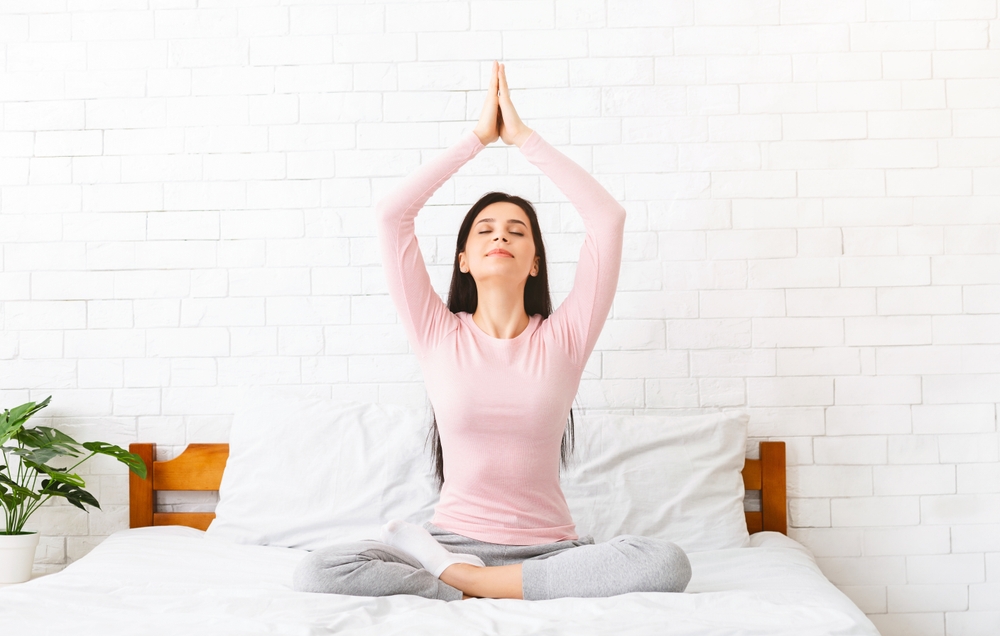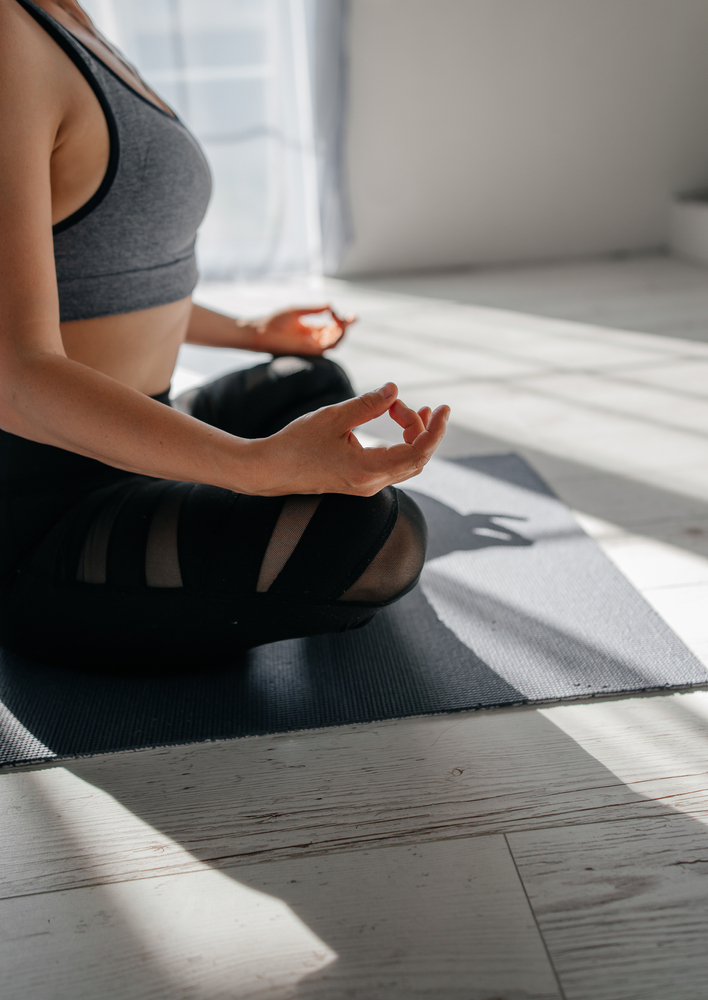In an era where stress and anxiety have become commonplace, yogic practices are standing out as a vital practice for promoting mental and physical well-being. Integrating yoga-based modalities into daily routines has helped people worldwide to cultivate a healthier lifestyle that addresses both the body and the mind. Regular practice has been shown to reduce stress, alleviate symptoms of anxiety and depression, and improve overall emotional health. Dr. Ishan Shivanand tells us more.

A growing body of research has meant that evidence-based yogic techniques are clinically proven to be potent non-medicinal alternatives for well-being. There is growing scientific consensus that these practices can foster neural pathways, boost cognitive function, enhance self-awareness, and improve overall mental coherence. The research into these practices is also increasingly highlighting the mind-body connection and the intricate links between our thoughts, behaviors, and emotions.

Here are five ways that they can positively affect one’s daily life.
1. Achieving restful sleep
Yogic practices have shown1 to improve sleep quality and alleviating mental health disorders like insomnia by regulating hormonal and metabolic processes. Nearly one-third of adults2 have trouble with either falling or staying asleep, or have poor sleep hygiene in general. Chronic stress and burnout play critical roles in this struggle. As an integrative healthcare practice, meditation has proven to be an effective intervention to improve holistic wellbeing.

2. A self-esteem booster
Yogic interventions build awareness and allow opportunities for self-exploration. It takes the practitioner on a philosophical inner journey, which is often the first step of self-awareness and, subsequently, self-acceptance. One can understand the power of personal change and significantly enhance quality of life by building on the lessons gleaned from consistent yogic practices.

3. Switching from fight-or-flight to rest state
Humans are naturally equipped with the fight-or-flight response through our nervous systems. While this is a vital survival tool in the early ages, it can often become aggressively active in our regular lives despite the absence of a predatory threat. This manifests as burnout, anxiety or depression. Yogic breathwork, such as “Pranayama” (a breath retention and release technique) helps shift the body into the parasympathetic nervous system’s rest-and-digest state. In other words, we can switch ourselves to a state of relaxation or heightened awareness through breathwork modalities.

4. Tackling Anxiety and Depression
As per research, meditative practices are proving effective in combating mental health disorders such as anxiety and depression. Research shows that these non-pharmaceutical and non-invasive methods can stimulate emotional and cognitive functions and start having positive impact within an eight-week cycle in many cases. Respondents in one study3 showed a 75 percent decrease in anxiety symptoms, 82 percent decrease in insomnia symptoms and 77 percent improvement in quality of life.

5. Fostering human connection
Having a sense of belonging and community during both the highs and lows of life is a vital aspect of human existence. A community of holistically healthy yogic practitioners can become a sturdy support system for the society and economies at large. Like-minded individuals who meditate can enable a nurturing environment for individuals to not only practice together, but share experiences, offer support and allow a ray of hope for an improved quality of life – specially for those in serious need. Research highlights the role of social support in mitigating stress both at the individual and collective level.

As a young nation emerging as a formidable force on the global stage, recognizing the importance of self-care and mental well-being is a very important step. A thorough understanding of the medical science behind yogic practices and growing evidence of positive outcomes can have a profound effect – not just on individual wellness but also the collective resilience and productivity needed to thrive in the coming era of high growth and prosperity.
- https://anmrp.com/intervention-on-depression-and-insomnia-symptoms-during-the-covid-19-pandemic/
- https://archive.cdc.gov/www_cdc_gov/media/releases/2016/p0215-enough-sleep.html
- https://www.frontiersin.org/journals/psychiatry/articles/10.3389/fpsyt.2021.648029/full
About Dr. Ishan Shivanand
Dr. Ishan Shivanand is an acclaimed mental health researcher, a professor with expertise in non-pharmaceutical non-invasive meditative modalities, and the Founder of Yoga of Immortals (YOI) programs. Dr. Ishan’s employee and corporate YOI wellness programs help with stress and burnout reduction among youth and professionals, physician burnout prevention, injury prevention for international sports athletes, and building mental resilience among military personnel and veterans. These YOI mental wellness protocols are derived from the timeless ancient yogic wisdom and healing sciences of India and consist of a combination of breathwork, disease-preventive yogic techniques, and cognitive and emotional stimulation.
About Yoga of Immortals
Yoga of Immortals is an authentic, easy to learn, cognitive & emotional stimulation program that empowers individuals to master ancient Himalayan yoga and meditation protocols. It combines breathwork, yogic exercise, cognitive and emotional stimulation. Yoga of Immortals has been scientifically tested to reduce insomnia, depression and stress and increasing quality of life in general. Through physical postures and breathing techniques, the Yoga of Immortals teaches you how to activate your energy flow and balance your mind, body and spirit.
